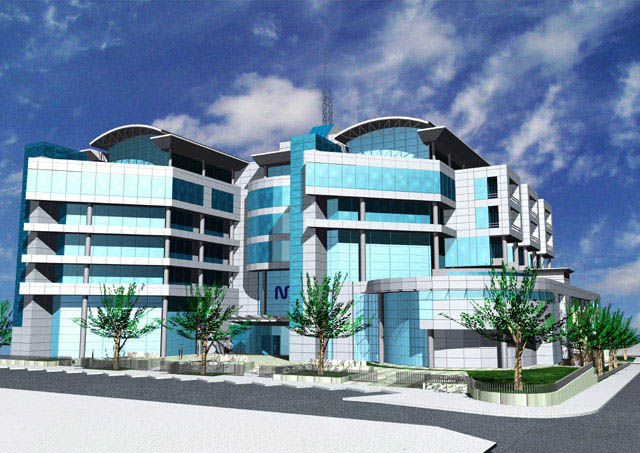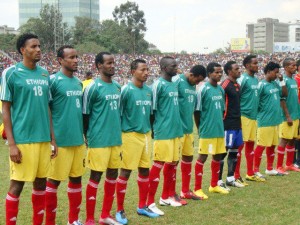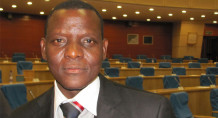One of the leading commercial banks in Malawi, national bank says Malawians should expect hard times in coming month due to the high inflation rates, high interest and depreciation of kwacha.
Its lasted unaudited interim results released this week, the bank says the depreciating kwacha and food prices are likely to influence the rate of inflation.
“Rising food costs and a depreciating currency are expected to reverse the recent downward trend in inflation,” reads the statement, in part.
It says NBM in the statement: “The looming food shortages will only heighten speculation and continue to push up food prices.”
The NBM says the aid freeze by Malawi’s donors in the wake the cashgate continues to force government into domestic borrowing to fill the gap, thereby exerting pressure on interest rates.
Malawi’s inflation was recorded at 21.3 percent in June 2015 up from 19.5 percent in May as pressure mounted on food prices.
Local economists also say the depreciation of the local currency the Kwacha against major foreign currencies would likely result in sharp increase in prices of commodities on the market.
Figures from various local commercial banks show the Kwacha dropped by an average of 10 percent in July alone.
Within the month, the currency dropped 11.1 percent against the US dollar and 12 percent against the Euro. It also dropped by 11.5 to a British Pound and 8.2 percent to the South African Rand.
Country representative for the International Money Fund Geoffrey Oestreicher told a local daily last week that he was “surprised” with the steep fall of the Kwacha “despite the country sitting on high levels of foreign reserves than last year.”
Recently, Minister of Finance and Economic Planning Development Goodall Gondwe conceded that the country is going through turbulent times.
Speaking during a breakfast meeting organised by the Association of Early Childhood Development in Malawi (AECDM) to lobby for more funds towards early childhood development, last Wednesday, Gondwe said the economy is in “bad” shape.
An economic observer told one of the media houses that although DPP had “rigged the May20, 2014 election, it will not be able to rig the economy”.
He observed that the majority of the country’s leadership was more interested in political expediency rather than pragmatic bread and butter issues.
To restore Malawi’s position on a positive economic growth path, he suggested an investment is needed which calls first for investor confidence and security.





No comments! Be the first commenter?